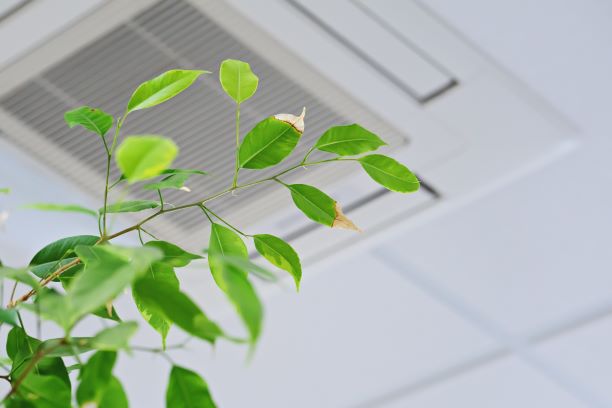MVHR stands for mechanical ventilation heat recovery, and it’s much more than a way to save on energy costs by using heat transfer. It’s also one of t
MVHR stands for mechanical ventilation heat recovery, and it’s much more than a way to save on energy costs by using heat transfer. It’s also one of the most efficient ways to improve air quality, and remove contaminants inside the house. Many may not be aware of it, but the quality of air indoors is often much worse than outdoors due to a variety of reasons.
As a matter of fact, it has been estimated that indoor air pollution could be as much as 5 times worse than outdoors. However, recent studies have shown that MVHR systems could be one of the best solutions to reduce air pollution, which could be promising. Let’s take a look at these findings, and a few reasons why you should consider going for an MVHR solution in the future.
The Research
A study was conducted on eight social housing units in Ireland. The quality of air was measured in all housing units for 3 months during winter. Four of the homes had regular ventilation, and four had an MVHR system.
Both units were checked for CO2 levels in bedrooms. Three out of the four units with regular ventilation had CO2 levels way above 1000ppm, which is considered excessive. On the other hand, those with MVHR systems had levels under 1000ppm most of the time, which shows that they were much better at air replacement, which is the most important measure when it comes to ventilation.
What Does this Mean?
This means that homes with MVHR units are much better at removing particles and contaminants from the air such as dandruff, pet hair, mould spores, pollen, and pathogens. This reduces the risk of contamination, and symptoms associated with poor air quality such as dizziness, headaches, fatigue, and respiratory issues.
Not only that, but these units also help reduce moisture and condensation. These can exacerbate respiratory problems and create a fertile breeding ground for mould, which is one of the main contaminants in houses.
Should I Go for an MVHR Unit?
If you currently have a traditional ventilation system or no system at all, we strongly suggest that you go for one. However, you have to know how to pick one and if your house would be a good candidate.
If you want to know exactly how to pick a unit, you can visit https://www.bpcventilation.com/choosing-a-mvhr-unit. You’ll learn everything you have to take into consideration, and you’ll get a few pointers on how to choose the right unit size for the house.
When it comes to house specs, old homes are often not the best for MVHR units. The most important thing is how air tight the home is. One thing you could do is have someone conduct an airtight test on your property. This will give you a better idea of whether the system would be suitable for your house. Insulation is also a very important aspect with these units, so you have to make sure that it’s up to par as well.
MVHR systems are a must if you take air quality seriously, or are suffering from a chronic respiratory disease. If that’s something you’d be interested in, we suggest you speak with a professional today who’ll be able to guide you through your options.



















































































































COMMENTS